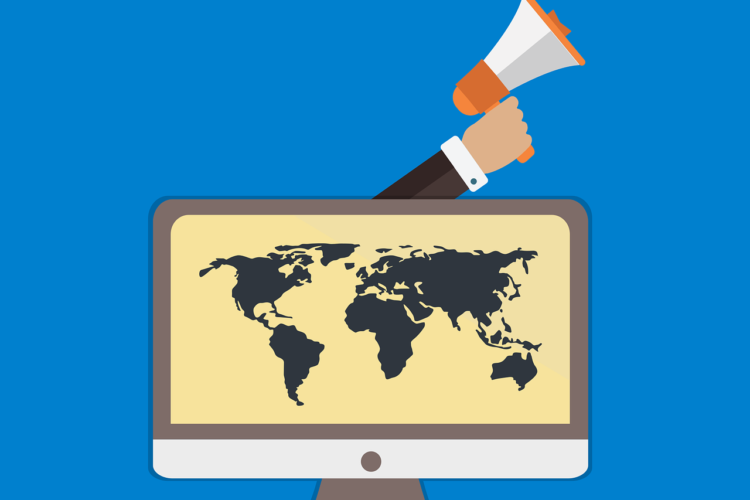In today’s competitive business landscape, personalization has become an essential element in marketing campaigns. Generic mass marketing strategies are no longer as effective as they once were. Customers are bombarded with countless messages every day, making it crucial for businesses to stand out from the crowd and establish a personal connection with their target audience. By personalizing your marketing campaigns, you can enhance customer engagement, build stronger relationships, and ultimately drive sales. In this article, we will explore five effective ways to personalize your marketing campaigns and boost your sales.
-
Effectively Utilize Customer Data
One of the most powerful tools at your disposal is customer data. Collecting and analyzing data can provide valuable insights into your customers’ preferences, behaviors, and interests. By leveraging this information, you can create highly targeted and relevant marketing campaigns. Start by implementing a customer relationship management (CRM) system to centralize your data. Segment your audience based on demographics, purchase history, browsing behavior, or any other relevant criteria. This segmentation will enable you to tailor your messages to specific groups and deliver content that resonates with their needs and desires.
-
Implement Dynamic Content
Static, one-size-fits-all content is no longer sufficient to capture the attention of modern consumers. Dynamic content, on the other hand, adapts to each individual’s preferences and behavior, providing a personalized experience. Consider utilizing dynamic email marketing, where you can deliver customized content based on the recipient’s interests or past interactions with your brand. Furthermore, dynamic website content can be employed to display tailored product recommendations, personalized offers, or relevant blog posts. By presenting visitors with content that speaks directly to their needs, you can significantly increase engagement and conversion rates.
-
Leverage Behavioral Triggers
Understanding consumer behavior is crucial for successful personalization. By identifying behavioral triggers, you can deliver timely and relevant messages to potential customers. For instance, if a customer abandons their shopping cart, you can automatically send them a reminder email with a personalized discount code to encourage them to complete their purchase. Similarly, if a customer browses a specific product category on your website, you can use retargeting ads to display relevant advertisements for similar products. By responding to consumer behavior in real-time, you can maximize the chances of converting leads into sales.
Implement Location-Based Marketing
Location-based marketing allows you to personalize your campaigns based on a customer’s physical location. By leveraging geolocation data, you can deliver targeted messages, offers, or promotions to customers in specific areas. For example, a restaurant can send a push notification to potential customers in the vicinity, offering a discount on lunch. Similarly, an e-commerce store can display shipping options based on the customer’s location, promoting faster delivery for nearby customers. Location-based marketing not only increases relevance but also creates a sense of urgency, prompting customers to take immediate action.
-
Embrace Personalized Retention Strategies
Personalization should not stop once a customer makes a purchase. To foster long-term customer loyalty, it is essential to implement personalized retention strategies. Utilize email automation to send personalized follow-up emails, thanking customers for their purchase and recommending related products or services. Additionally, consider implementing a customer loyalty program that offers tailored rewards based on a customer’s previous purchases or engagement with your brand. By continuously engaging customers on a personal level, you can foster stronger relationships, increase customer lifetime value, and drive repeat sales.
In conclusion, personalization is a powerful strategy that can significantly enhance the effectiveness of your marketing campaigns. By leveraging customer data, implementing dynamic content, leveraging behavioral triggers, embracing location-based marketing, and implementing personalized retention strategies, you can create highly targeted and engaging experiences for your customers. By establishing a personal connection with your audience, you can drive customer engagement, build brand loyalty, and ultimately boost your sales.


